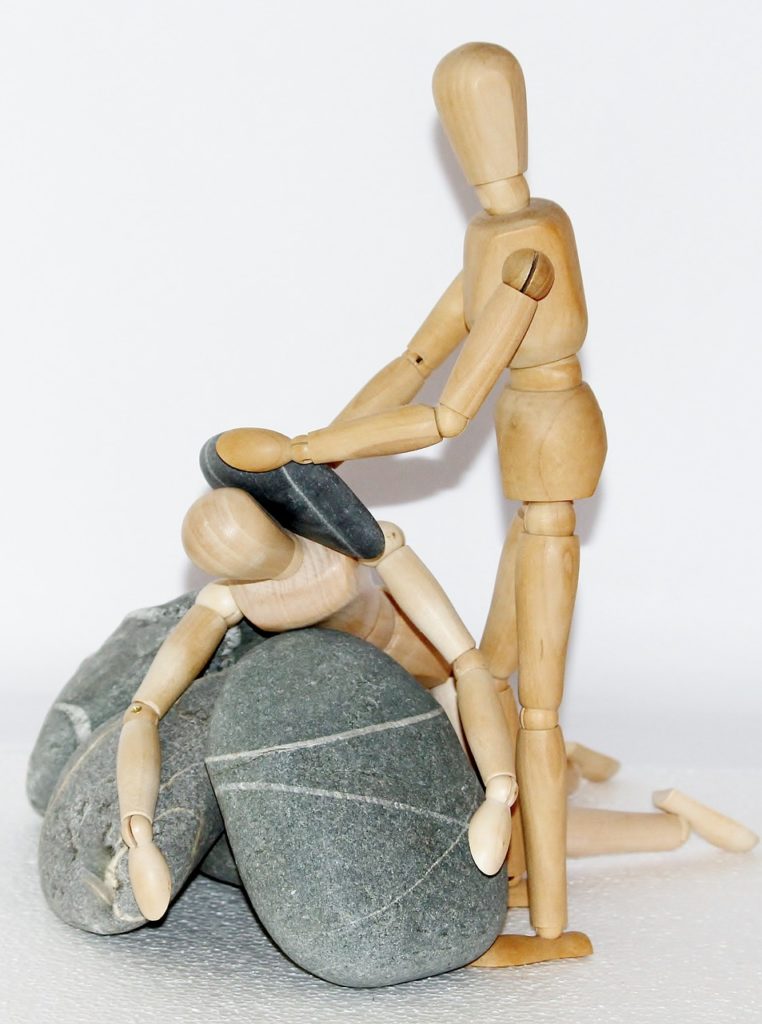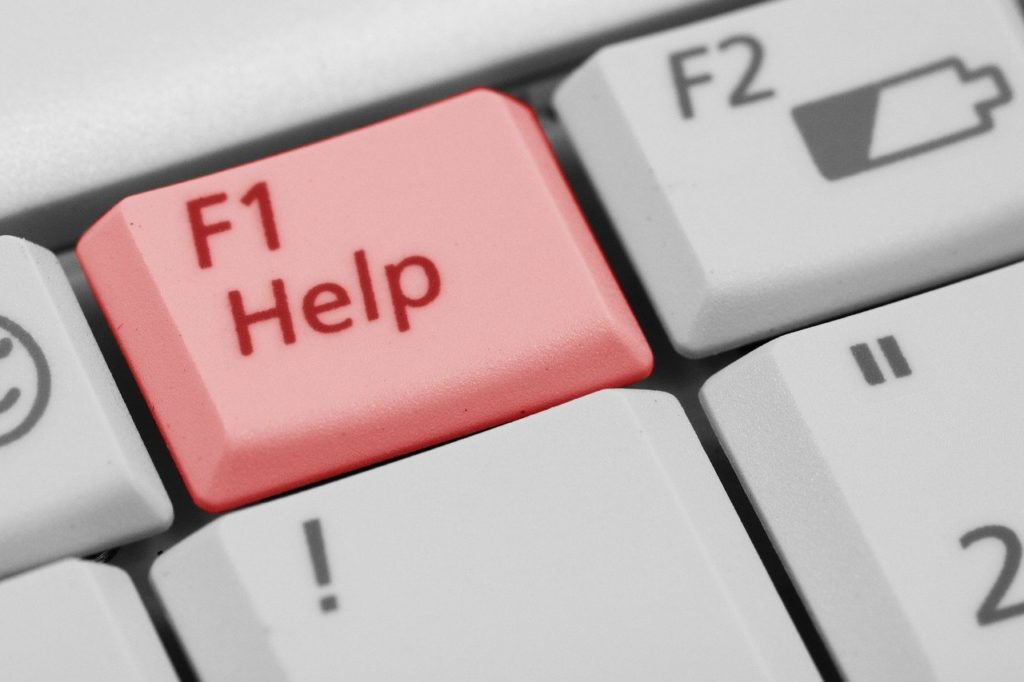A few days ago we watched “Fiddler on the Roof” as a family. I have long loved the musical and was eager to expose my kids to it. My son’s response was to observe that it started out good and fun and then got rough and sad. We had a discussion about the treatment of the Jews in much of history.

Today we started watching the Civil War by Ken Burns and listened to the accounts of the disease, death, and indignity that was part of living as a slave in the USA. 4 out of 100 would live to be 60. It is not a fun show.
We don’t like this stuff. If we can avoid it, we try to. Human suffering is not something we like to see, dwell on, or think about any more than we feel we have to. We want happy endings, feel-good moments, and pleasant stories with good memories.
The sad truth is that the story of human civilization is the story of human suffering and most of it at the hands of other humans. Sometimes we cause the suffering directly, and other times through inaction or failure to appreciate the results of our actions and choices.
In Fiddler on the Roof, the local constable hates to do what he’s doing but he’s just following orders. He can’t risk his own position and even if he did, it wouldn’t change anything, so why try. That thought animates so much of human suffering. “There is nothing I can do about it, so why try.” When that phrase echos from thousands of voices, the reason for such agony in the world quickly becomes apparent.
God is deeply motivated by human suffering. He has allowed us to plot our own path, but He has told us what is good and what He wants.
1. To do Justice: This isn’t about enforcing laws, rather Biblical justice is about making sure the weak and powerless are not victimized and neglected by those who have resources and power.
2. Love Mercy: We want to ignore mercy because it, by definition, does not make people pay for all their mistakes. We want to withhold good from the guilty, forgetting that the heart of the Gospel is that Jesus died for the guilty.
3. Walk Humbly with God: Humbly first remembers that we have been recipients of mercy, that we have nothing within ourselves and are but poor sinners. Our lives don’t belong to us, neither do our resources. All belongs to Christ.
If this became central to our response to our fellow humans, human suffering would be mostly diminished. There would still be illness and natural disasters, but some of the causes and many of the impacts of even those would be ameliorated by the efforts of those who have the resources and power to help.

This is Jesus. He came down from heaven, laid aside His glory and privilege, and became not just human, but a poor and suffering human who took on the reality of human suffering. He lived with, loved, and healed many who were sick and suffering. He showed a different way. Then, in His greatest act, He laid down His life on the cross, choosing to take on the spiritual debt, the great need of our souls, and pay, out of His life and fullness, the price of our redemption. There has never been a greater provision of Biblical justice, mercy, and humility. He also mentioned that we should do likewise.
I, like most of us, do not like to dwell too long on the misfortunes and suffering of others. It is easy to pass it off as not my concern, or outside of my ability to do so. I am part of the problem. Are you?